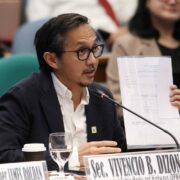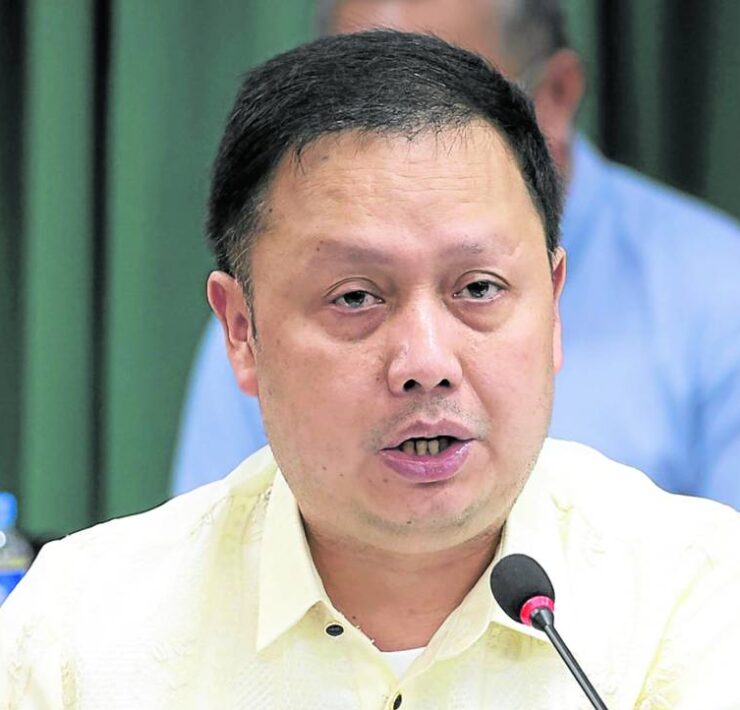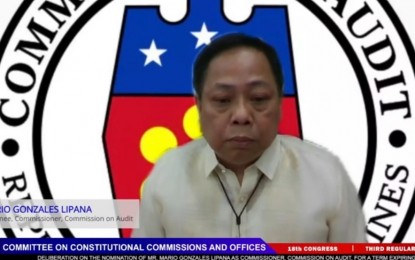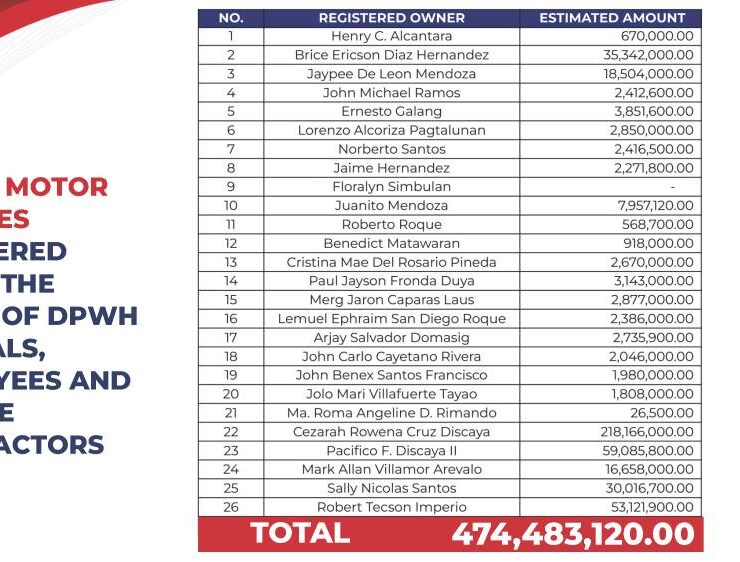More freeze orders seen over 727 already issued
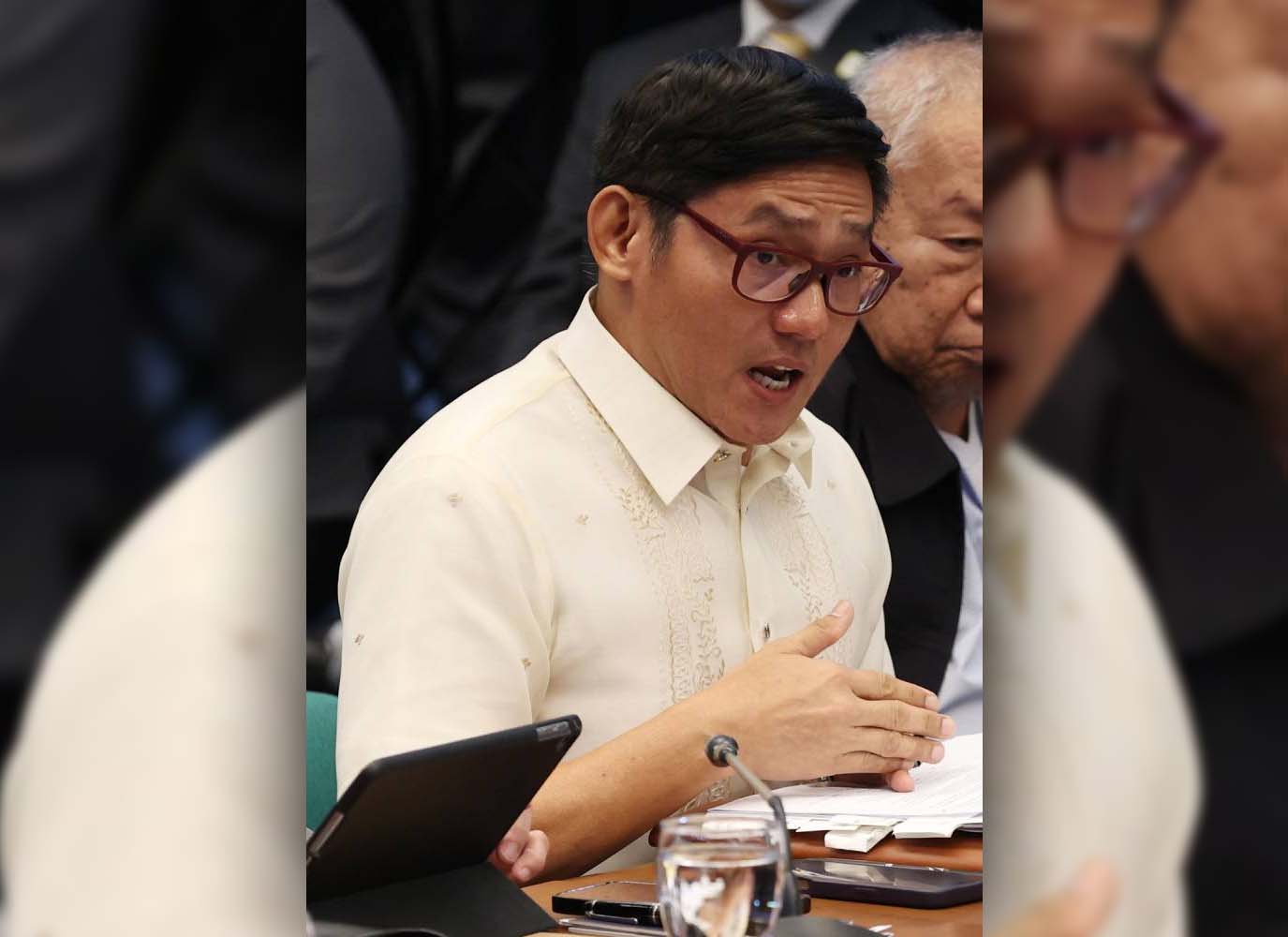
Despite the sheer magnitude of assets already involved in cases of corruption tied to flood control, the Anti-Money Laundering Council (AMLC) may further expand the freezing of assets to cover the investments and personal properties of the parties involved.
“The AMLC will continue to investigate and file more petitions for a freeze order,” the council’s executive director, Matthew David, told the Inquirer. “I cannot say when we are going to file to avoid tip-off and possible dissipation of assets.”
David said more freeze orders may be issued in the coming days as investigators press ahead. For now, he added, the details remain top-secret to keep the accused from shifting their suspected ill-gotten assets out of reach.
This week alone, the AMLC secured two freeze orders from the Court of Appeals (CA)—the most recent being a Sept. 19 directive covering 592 bank accounts, three insurance policies, 73 motor vehicles and 18 real properties of individuals linked to anomalous flood control projects.
The total number of freeze orders now numbers 727. Prior to that, the appellate court last Sept 16. granted a freeze order on 135 bank accounts and 27 insurance policies.
When a bank account is frozen, all activity—transfers, deposits, withdrawals and even account closures—comes to a halt. Banks are then required to comb through the accounts and review past transactions to determine whether they were used for illicit activity. Their findings are sent to the AMLC.
The freeze orders also covered insurance policies because they can serve as vehicles for concealing or moving illegal funds. Large-premium life insurance or investment-linked products, for instance, may be used to disguise illicit money.
“These items are being prioritized because they are easier to identify, locate and freeze,” David said.
Expansion of scope
But the directives may soon extend far beyond financial accounts, cars and real estate. David said the council may also ask the CA to freeze other holdings—such as investments, jewelry and even virtual assets—if they are linked to the misuse of public funds.
“We, or the Court of Appeals, can also freeze investments and securities and other personal properties such as jewelry, virtual assets, etc., so long as we can establish that they are related to violations of the antigraft act or malversation,” he said.
The first freeze order stemmed from a request letter from Secretary Vince Dizon of the Department of Public Works and Highways (DPWH). The letter contained the names of 20 DPWH officials and six private contractors, including those currently under investigation by the Senate blue ribbon committee for suspected anomalies in flood control projects.
Meanwhile, the Bangko Sentral ng Pilipinas (BSP) opened a separate inquiry into the bank accounts of those tied to the corruption scandal, a drive backed by the recently enacted Anti-Financial Account Scamming Act (Republic Act No. 12010), or Afasa law.
The BSP’s investigation focuses on money-muling activities or the use of financial accounts to move or hide criminal proceeds, which Afasa criminalizes. The central bank acted on an official request filed on Sept. 15 by Dizon.
Appointed AMLC executive director only last month to replace Mel Georgie Racela, David was director of the Investigation and Enforcement Department of the AMLC Secretariat and also served as deputy director of the Office of the General Counsel and Legal Services of the BSP.
David is a graduate of the University of the Philippines-College of Law, and holds a Master of Laws degree in Finance from the Institute for Law and Finance at the Goethe-Frankfurt University in Germany.













